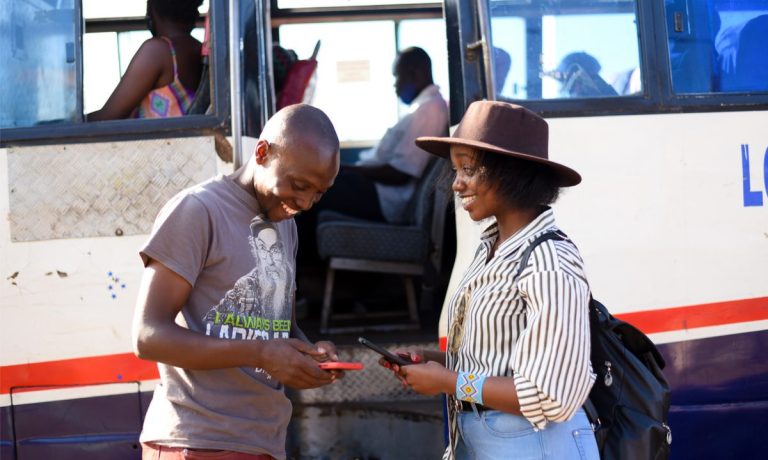Kenya’s Digital Banking Startup Kwara Raises $4M Seed Funding to Launch Credit Union

Digital banking startup Kwara raised $4 million in a seed funding round to further develop its neobank app in Kenya and turn traditional savings cooperatives into modern digital banks, according to a press release on Thursday (Dec. 9).
The round was led by Breega, with participation from SoftBank Vision Fund Emerge, Finca Ventures, New General Market Partners, Globivest, Do Good Invest, Rabacap, Launch Africa, Norrsken Impact Accelerator, Future Africa, Samurai Incubate, DOB Equity and FinTech angels.
Founded in 2018 by Cynthia Wandia and David Hwan, Kwara’s platform was developed to help the unbanked and underbanked build wealth in a frictionless way. Its management platform works to advance efficiency and automation at the cooperative staff level, and the neobank-style mobile banking app is available for end clients.
See also: Digitizing Governments Boosts Business Trade, Digital Payments Across Africa
“We are building a solution for people — an estimated 1 billion — who do not currently have access to personalized banking services. This is the result of a gap in banking-grade technology and the lack of neobank-like experiences for the end clients,” said Wandia, who serves as CEO of Kwara.
She added that there has been a lot of “excitement around the Kwara brand among credit unions and their members” and the brand is “fast becoming synonymous with a superior user experience and the future of banking.”
Using an open API, Kwara connects the savings cooperatives with banks, payment gateways and other third parties in a single software-as-a-service (SaaS) package. Cooperative clients pay for their usage and get a single end-to-end solution.
The startup serves over 60,000 members and handles up to $40 million in monthly transactions on its platform. With credit union clients in Kenya, South Africa and the Philippines, Kwara is growing its credit union customer base by 40% month-on-month.
Read more: With AfCFTA, African FinTechs See SMB Investment Opportunities
More than 300 million people bank at credit unions in emerging markets, with 6% growth year-on-year. Kwara is striving to up that to at least 1 billion by the end of the decade.